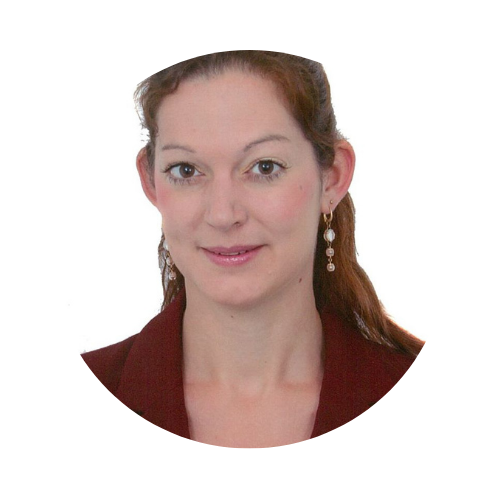
Lessons learned from graduating PhD candidates
In the past years, I have graduated several PhD candidates. All of these candidates have been cosupervised, and I have been actively involved in their research and writing over the years.
While I don’t think I have extensive supervision experience yet (I have by now graduated 4 candidates), I do feel like I have learned a few lessons that can be valuable for the broader community:
- All students are different and require different supervision. When I started as a PhD supervisor, my frame of reference were my cohort and myself. I mistakenly thought that with this group of people as a reference, I had an idea of the different “categories” of PhD candidates. I have since then learned that every PhD candidate is unique, and that for every candidate I need to find what works best in terms of supervision.
- Getting started with a PhD can be a confusing time. The beginning of a PhD trajectory is often slow. PhD candidates who come out of an MSc program are learning to be behind the steering wheel instead of waiting for “homework tasks” to be carried out. PhD candidates who transition from the industry may need to adjust to the slow pace and depth of research. Coming to a research question and methodology is always a path of many iterations.
- Something always goes wrong. There is not a single PhD trajectory that is a straight line from the beginning to the end. Every trajectory gets a problem: from external factors such a global pandemic, to internal factors such as personal problems or a bad second-year dip.
- Doctorateness is clear. In the literature about the doctoral defense, authors discuss “doctorateness” as the way to describe when a doctoral candidate has morphed into an independent researcher and is ready to go their own way. As a supervisor, I see that doctorateness developing, and when the candidate has matured over the years, it is clear. I can lean back and listen to them enthusiastically telling me what they have found.
- I had to learn to supervise for technical contents and overall progress. Initially, I supervised for technical contents. I mistakenly thought that PhD candidates can organize their planning and milestones themselves. Over the years, I have learned that it is important to discuss overall progress and planning continuously. I end my supervision sessions always by asking my PhD candidates what they plan to do until our next meeting, and twice a year, I ask them to reflect on what they want to achieve in the next 6 months, and what their priorities will be.
- Putting a lid on it is hard. Having to say “no” to further research avenues, and putting the proverbial research octopus into a jar, is difficult. There is always more to do, more to read, and more to try out. Knowing when to stop, and not “just run one more model” is important, and sometimes requires some gentle pressure from me as a supervisor to let the student know that I am convinced they have done enough to write their thesis.
- Finalizing when funding ends is hard. Many PhD projects fizzle out as the candidate has ran out of funding, has started a new job, and still has to finish the thesis. Some universities and funding bodies have hard deadlines for the last possible date for thesis submission for it to still count. In many of these cases, the last months of finishing the thesis while working (and trying to have a life), are not pretty.
- Writing a big book thesis is an endurance sport. I need more data and observations, but it seems that the thesis-by-publications model seems to keep candidates better on track than the traditional long thesis. When all the writing comes in the end, it is harder to stay motivated to write 300-ish pages in a few months, especially when the candidate is already working somewhere else.
These are some of my observations from the past years. Do they resonate with your observations, or contradict what I am observing?
Share with your peers!



